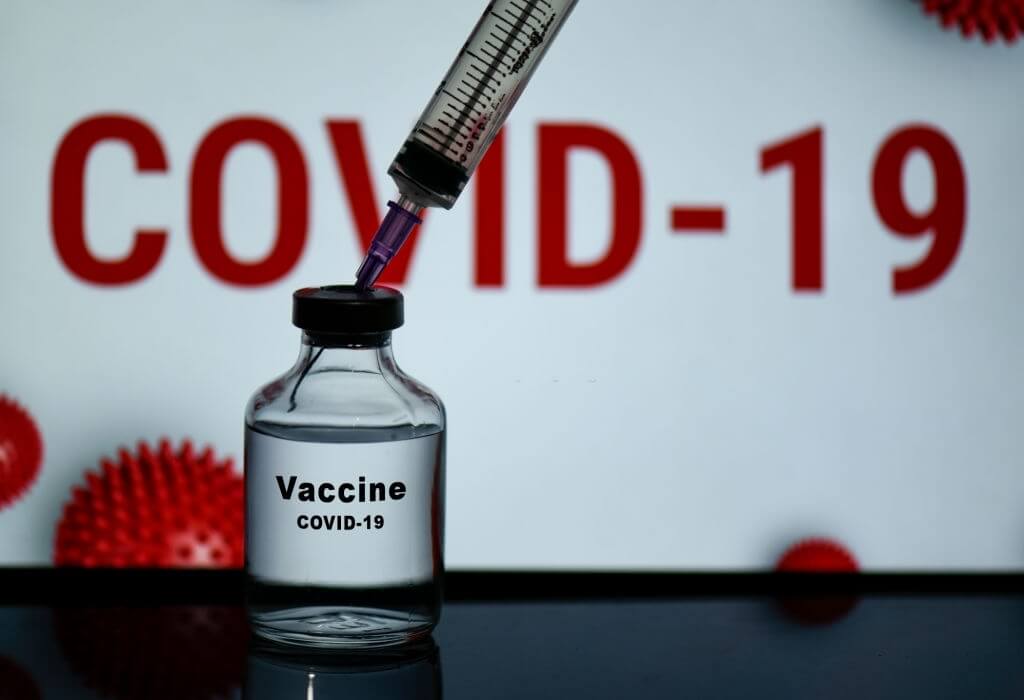The United States has surpassed 500,000 known coronavirus-related fatalities in a pandemic that has lasted almost a year. The overall viral toll in the country is higher than most other countries on the planet. It has greatly outperformed some federal experts’ early projections of loss.
The fight against the Coronavirus has not been easy and we all are still fighting back. As the United States confronts COVID-19 vaccination reluctance in the face of an increase in cases caused by the delta variant, a new study co-authored by a New Mexico State University researcher investigates how COVID-19 illnesses in social circles may impact vaccine willingness.
How COVID Infections In Social Groups May Influence Vaccine Willingness

The vaccine is the best option to keep the viral infection at a distance but in many cases, people do not prefer to go for the same with some suspicions in mind.
At this juncture what one needs is the right information about the vaccine and its effects on the body which can be effectively done by friends, relatives, and other social groups connected with an individual. He or she can easily know and decide if a vaccine will be a good option for protection.
In the study, Jagdish Khubchandani, an NMSU professor of public health sciences, and his colleagues conducted a nationwide evaluation of COVID-19 vaccination willingness among American adults based on COVID-19 illnesses, hospitalizations, and fatalities in their friend and family groups.
Khubchandani, who has conducted many studies on COVID-19 vaccine hesitancy since late 2020, says education, race, and political ideology are the major factors. Approximately 79 percent of the research’s 1,602 participants reported getting at least one dose of the COVID-19 vaccination in the study, which was published in the weekly International Journal of Environmental Research and Public Health. Other individuals either intended to obtain the vaccination (10%) or wouldn’t (11%).
Researchers discovered that vaccination reluctance rates varied considerably depending on whether or not research participants had been a part of a social group like family or a group of friends who have been affected by COVID-19. People who knew anyone affected by COVID-19 illness (24%) or hospitalization (24%) or death (19%) had a statistically significant greater tendency to refuse vaccinations among people who did not know anybody afflicted by COVID-19, according to the data.
To make the stats even simpler, the research suggests that participants who did not have a friend or family member had been infected, hospitalized, or died as a result of COVID-19. They were at least two times more likely to refuse vaccines than those who had a friend or family member who had been infected, hospitalized, or died as a result of COVID-19 infection. It was also seen that vaccine refusal was more common among non-Hispanic Blacks, political conservatives, independent-leaning voters, suburban residents, persons with less than a college degree, and those who were not married in the research group.
As Khubchandani points out, “previous research has indicated that those with greater perceived risk and anxiety of COVID-19 were more ready to take the vaccinations”. COVID-19 infection might be seen as a greater danger if you know someone who has COVID-19, which could lead to a greater desire for COVID-19 immunization.
According to Khubchandan clinicians at health care institutions and community vaccination advocates, should increase awareness and educate people about the severity and scope of COVID-19 infection-related morbidity and mortality. More than 40 million Americans have caught COVID-19, according to Khubchandani, and more than 650,000 have died as a result of the disease. In contrast, more than half of American adults are now completely vaccinated against COVID-19, and outbreak infections and deaths among vaccinated people are extremely rare.